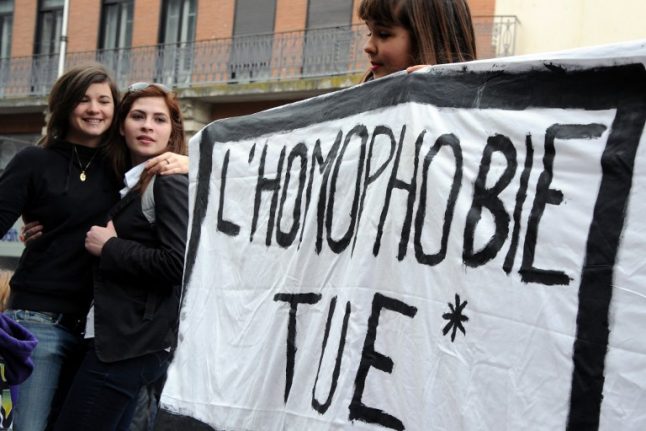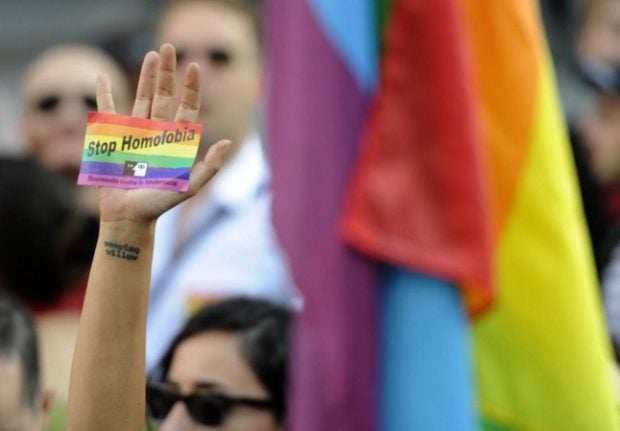The Spartacus Gay Travel Index 2019 puts France in 17th place, down from sixth place a year ago.
Canada, Portugal, and Sweden are the friendliest countries for LGBT travellers and they took joint first place in the latest edition of the guide.
Thirteen countries, most of them in Europe, tied for fourth place.
The reasons for France's dramatic fall were a rise in homophobic attacks and the postponement of parliamentary debates on bioethics laws, notably on assisted procreation, which is currently limited in France to heterosexual couples.
READ ALSO: Paris left shocked by another homophobic attack
The Spartacus index ranked 197 countries based on 14 criteria, including anti-discrimination laws, marriage and civil partnership laws, adoption laws, transgender rights and persecution.
The United States dropped from 39th place to 47th.
Chechnya was ranked last of the 197 countries listed by the Berlin-based Spartacus guide, which provides tips for gay travellers on its website and mobile app.
Je pensais jamais que je ferais un tweet comme celui là mais ça n’arrive pas qu’aux autres: j’ai été victime d’une agression homophobe hier soir dans le 15e arrondissement de Paris parce que je portais du make-up ? pic.twitter.com/FKZCt3SejV
— adil ☄️ (@lostoverr) October 14, 2018



 Please whitelist us to continue reading.
Please whitelist us to continue reading.
I know from experience that homophobia is often a defence against the fear of homosexual feelings in the perpetrator as well as the need to pick scapegoats. I have met a number of ‘gay bashers’ who through growing up and other circumstances were forced to confront and accept their homosexual feelings. As a general rule those confident in their sexual identity, though feeling uneasy about displays of homosexuality do not feel threatened and therefor do not need to assault those who are different. There are, of course, many other reasons why unbalanced and deprived people will chose to pick on homosexuals